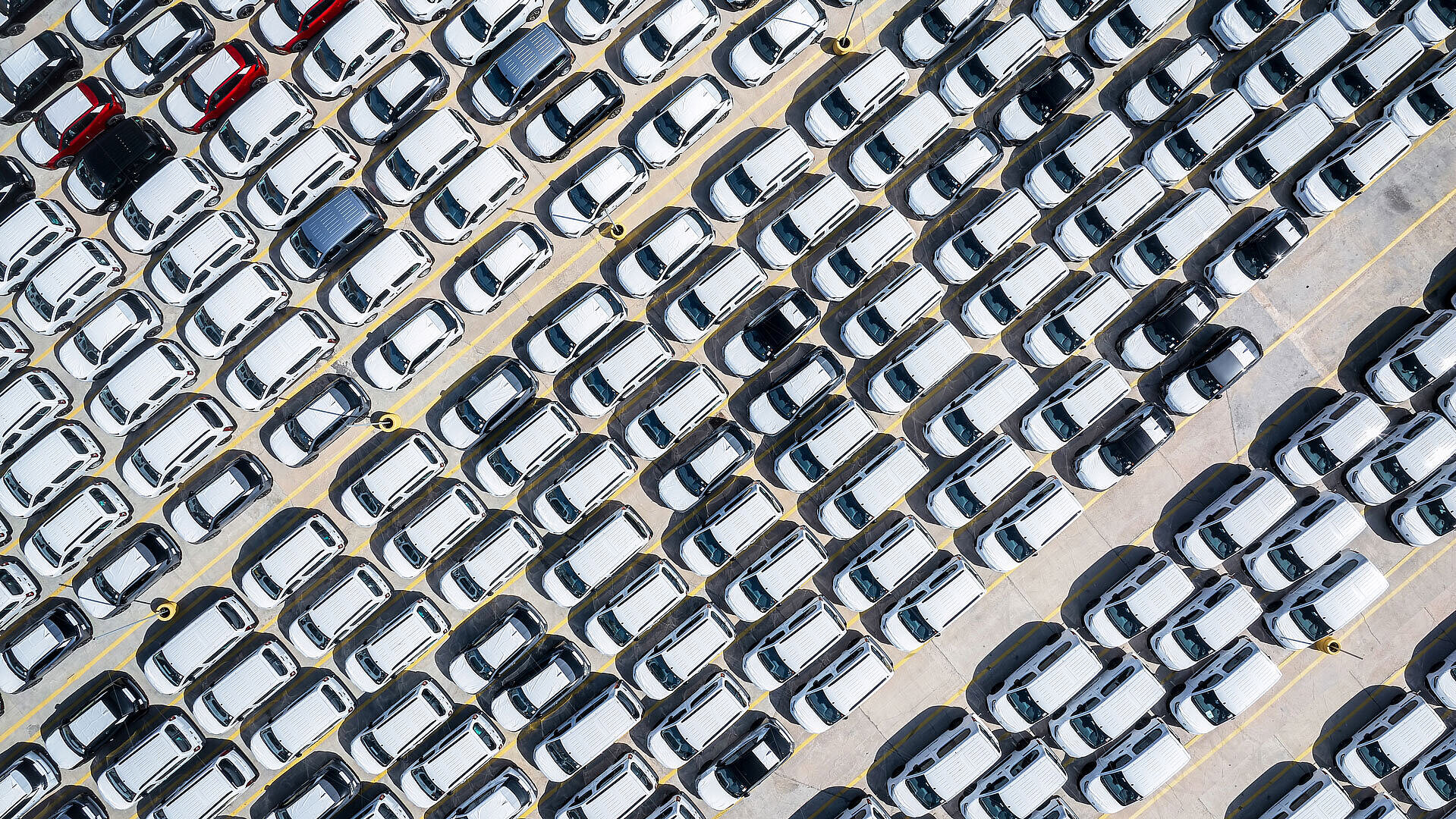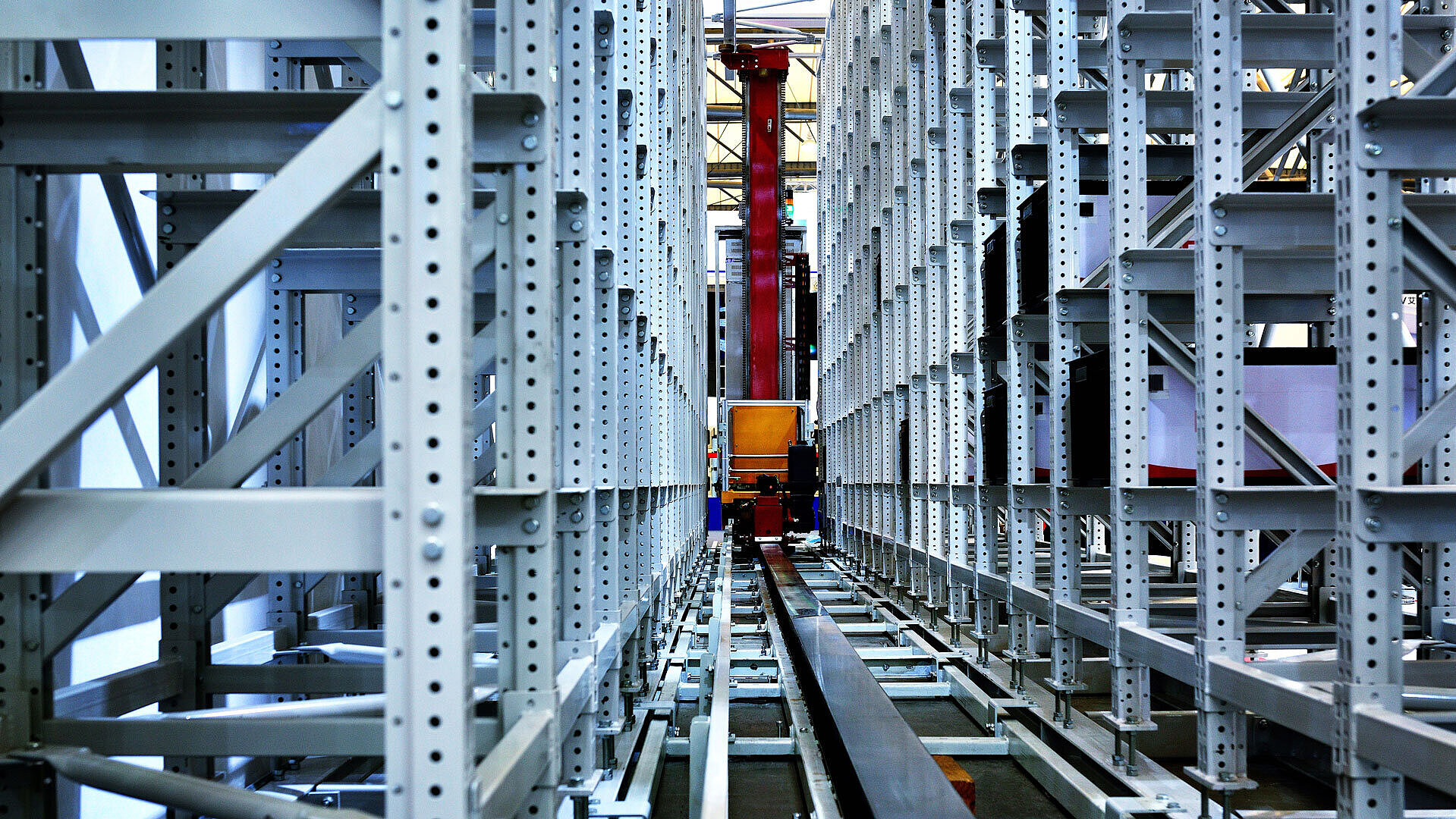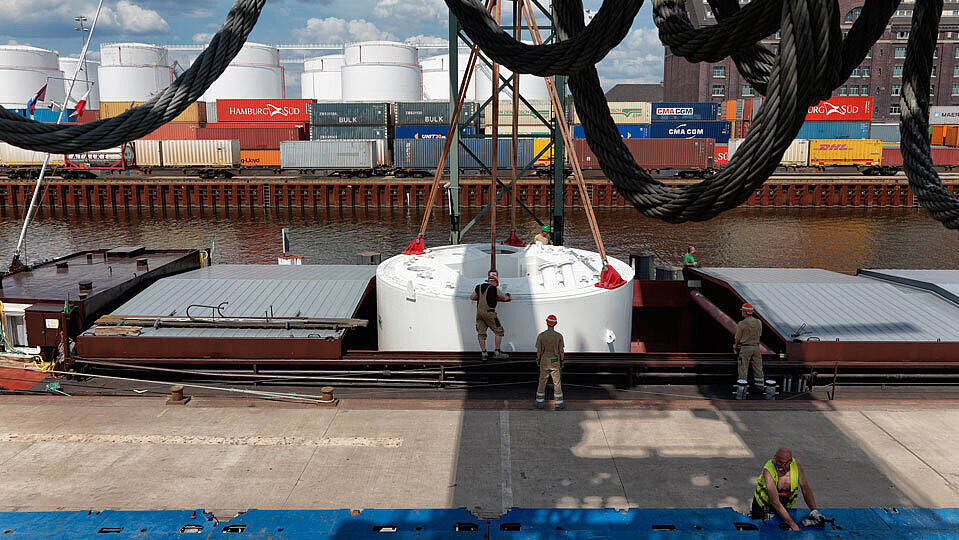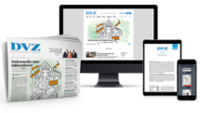
Pragmatism helps combat bureaucracy

Many managers in transport and logistics companies breathed a sigh of relief recently when the EU Commission proposed bureaucratic relief in its Omnibus Package. Deadlines have been postponed and requirements relaxed for both the CSRD and the EU taxonomy. Nevertheless, sustainability reporting remains a major financial and human resource burden for many companies, especially small and medium-sized enterprises
On the other hand, more and more medium-sized and smaller logistics service providers are discovering the opportunities offered by focusing on sustainability. In the best case scenario, the topic is already integrated into key performance indicators in order to monitor and control long-term alignment. The goal is always simple: establish reporting, reduce emissions and earn money through higher transport prices.
Establishing good sustainability reporting takes effort. But the outcry is only partly justified. A key concept here is the often-cited ‘materiality analysis’ that every company must carry out. The most important clue is already contained in the term itself. It is about identifying what is material for the company. In other words: What makes up a large part of your business and what can you influence yourself? No one needs exact data on everything and anything. Logistics companies should take the opportunity to really focus on what is essential for them. This saves resources and sharpens the focus on the most important key figures and measures. It is also true that it is still difficult today to recoup the additional costs of more sustainable transport options.
The Open Logistics Foundation’s Enabling Logistics Decarbonisation working group is committed to decarbonising the logistics industry, with a particular focus on open-source solutions and de facto standards. One key project is Emissions Data Exchange, which implements the iLEAP data model developed by the Smart Freight Centre and the SINE Foundation. The aim is to establish a uniform standard for the exchange of emissions-related data along the supply chain, based on the GLEC framework and ISO 14083.
In today’s panel discussion, experts will report on current developments, challenges and pilot tests in their companies. One question is how open source can enable efficient, cross-company collaboration and bring about lasting change in the industry. (fw/rok)
Zero-Emission Logistics through Open Source: Why It Will Only Work Together, Tuesday, 4:30 p.m. – 5:30 p.m., A2.437



